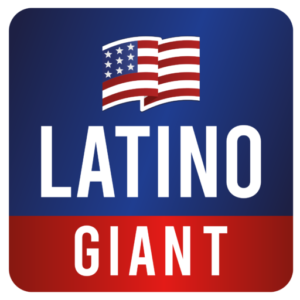In the last debate before the June 2 presidential election, the three candidates for the Mexican presidency faced off, responding to questions from moderators and exchanging sharp criticisms as they aimed to win over nearly 100 million registered voters.
Claudia Sheinbaum, representing the ruling Morena Party; her main opponent from the opposition coalition, Xóchitl Gálvez; and Citizen Movement candidate Jorge Álvarez Máynez each began their addresses at Mexico City’s Tlatelolco University with unique messages to the electorate.
Álvarez Máynez committed to bolstering social programs, Gálvez presented herself as a champion of “life, truth, and freedom,” and Sheinbaum, the leading candidate, referenced the Tlatelolco massacre of 1968, when the Mexican Army, under the orders of a PRI president, killed hundreds of university students protesting police repression. The Institutional Revolutionary Party (PRI) is part of the coalition Gálvez represents in this election.
What followed was a flurry of promises and criticisms. Gálvez pledged to double the number of scholarships to enable 1 million young people to attend university, while Máynez promised scholarships for all. Sheinbaum offered 1 million homes for young people, with Gálvez countering with a promise of 5 million residences. Sheinbaum also vowed to establish new mega pharmacies and train thousands more medical specialists, while Gálvez proposed a national health system to ensure adequate treatment for all women with cancer. Álvarez Máynez promised to equip police officers and ensure a “living wage,” and aimed to position Mexico among “the 10 economic powers in the world.” Sheinbaum assured that the Constitution would mandate that the minimum wage always increases above the rate of inflation.
However, none of the candidates provided detailed plans on how they would achieve these ambitious proposals.
The debate also featured personal attacks. “While you were taking ballet lessons at 10 years old, I had to work,” Gálvez told Sheinbaum. Gálvez, a senator of Indigenous descent, repeatedly labeled Sheinbaum “the candidate of lies.” In response, Sheinbaum, a climate scientist and former mayor of Mexico City, accused Gálvez of having “gassed police officers with sanitizer.” Álvarez Máynez criticized both for not giving concrete answers to “questions they ask themselves.”
The debate was organized into four segments, covering social policy; insecurity and organized crime, migration and foreign policy, and democracy, division of powers, and pluralism.
Unlike the first two debates, this final one had no live audience. It also lacked the face-to-face segment initially proposed by the organizing committee, which might have allowed for a more direct and possibly confrontational exchange between the candidates. This segment was canceled due to reported pressure from all three presidential campaigns, according to the Mexican press.










